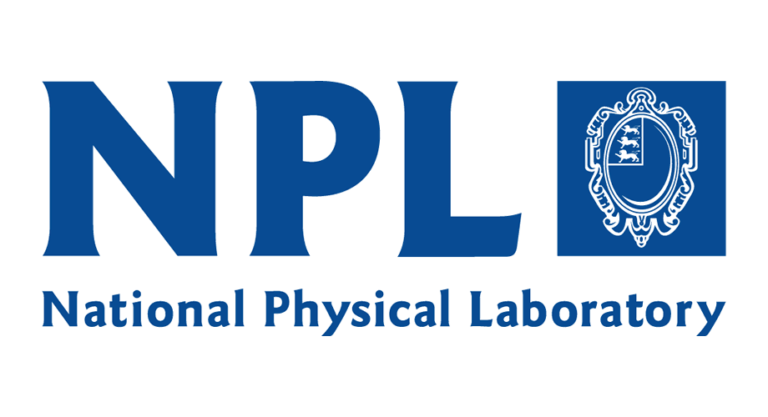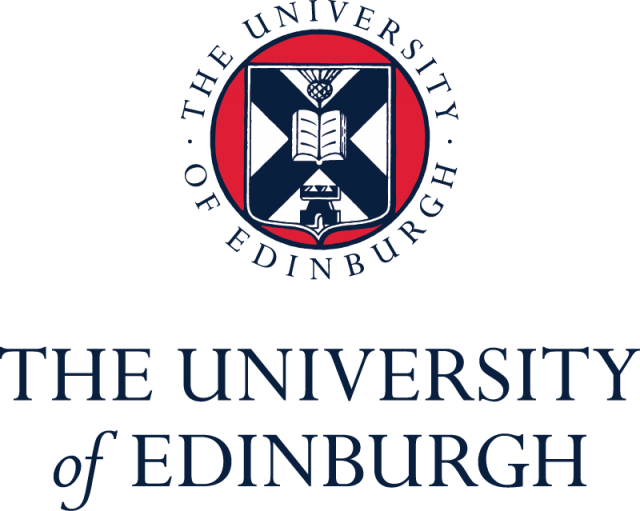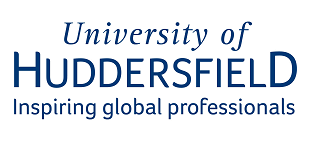Project Description
A wavelength-tunable supercontinuum laser is a source that combines a broad spectral range (which can span from the visible to the infrared) with the ability to control the output wavelength. Key applications include spectroscopy, imaging and fluorescence lifetime measurements.
The Agile laser of Edinburgh Instruments (EI) is such a laser providing picosecond pulses. EI are looking to reach new markets, and there is a need to develop the next generation Agile laser. The requirements envisaged will include, but will not be limited to: higher repetition rate, high power, operation further into the UV, and reduced pulsed width. As part of this evaluation, availability of fibre technology will be considered. The end-product will be usable on EI instrumentation for fluorescence lifetime and transient absorption spectroscopy (TAS).
As a first step, the student will become familiar with Edinburgh Instruments’ New Product Development process, tunable supercontinuum lasers and their use in fluorescence lifetime and TAS. They will then perform a comprehensive state-of-the-art study, competitor landscape study and get acquainted with Edinburgh Instruments existing Agile laser and its USPs (Unique Selling Points).
Next, key mechanical/optical alongside USPs will need to be identified, working alongside our Product Manager and Marketing teams. The student will drive the development and assembly of a new prototype of the Agile laser using internal company resources for mechanical and optical design.
Performance testing will be carried out and other prototyping phases completed until the new laser is ready for integration in a TAS or fluorescence lifetime set up.
Edinburgh Instruments Ltd is one of the world’s largest manufacturers of leading-edge spectroscopic instrumentation and gas detection solutions. The company is involved in the development, manufacture and sale of a wide range of high technology products for the scientific research and industrial markets. Over the years EI has continually diversified and developed new and innovative products, winning many international awards.
The student will be working within Edinburgh Instruments R&D team in a shared office and lab spaces. They will interact closely with several core functions in the business such as Product Management, Marketing, Applications and in the later stage of the project with Manufacturing / Production. The student will be fully embedded in the R&D team, working alongside mechanical design / optical engineers, software engineers and electronic engineers, and will have interaction with colleagues working on a variety of R&D projects in Raman Microscopy, Fluorescence, FTIR, UV-Vis spectroscopies. It is envisaged that upon successful completion of their EngD project the student will be offered permanent employment.
The Company recognises the commitment and hard work of all staff and understands that flexible working hours can help promote a better work-life balance and improve performance and productivity.
The Company operates flexible working hours with core hours policy. This is primarily a lab-base project therefore a significant in-person presence is expected. Computer-based tasks such as literature search or writing the thesis could be done from home subject to the supervisors’ approval. This can be discussed further at the interview stage.
CDT Essential Criteria
A Masters level degree (MPhys, MSc) at 2.1 or equivalent.
Desire to work collegiately, be involved in outreach, undertake taught and professional skills study.
Project Essential Criteria
- Masters level degree in Physics or Electrical Engineering (2.1 or higher)
- Thorough understanding of geometrical optics.
- Self-motivating, self-driven individual required.
- Interest to work with mechano-optics.
- Commercial attitude.
- Good laboratory skills.
- Understanding of laser safety and safe handling of high-power laser
Project Desirable Criteria
Ideally experience with tuneable supercontinuum laser, however any experience with high power lasers will also be seen favourably.
The CDT
The CDT in Applied Photonics provides a supportive, collaborative environment which values inclusivity and is committed to creating and sustaining a positive and supportive environment for all our applicants, students, and staff. For further information, please see our ED&I statement: https://bit.ly/3gXrcwg.
Forming a supportive cohort is an important part of the programme and our students take part in various professional skills workshops, including Responsible Research and Innovation, and attend outreach training.









